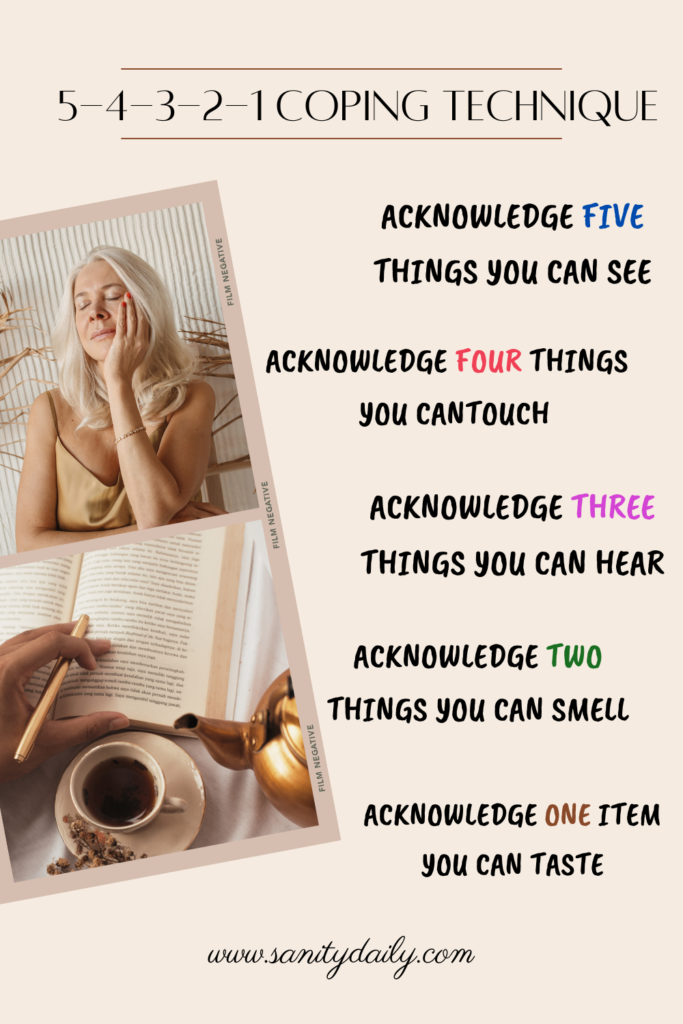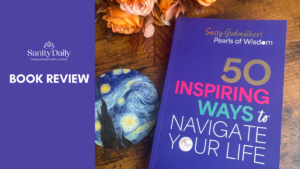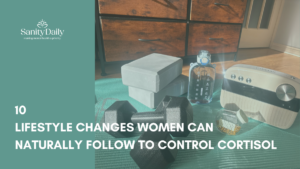Anxiety is a normal stress response and can be advantageous in certain circumstances. It can warn us of potential threats and help us prepare and pay attention. How to combat anxiety? Worry disorders differ from normal nervousness or anxiety because they are characterized by excessive fear or anxiety. It is a way your brain warns you of impending danger in response to stress.
Anxiety and fear are not identical, but they are frequently used interchangeably. Anxiety is a future-focused, long-lasting response to a dispersed threat, whereas terror is a present-focused, short-lasting response to a clearly defined and particular threat.
As it prepares you to face a stressful scenario, your body is ready to handle short bursts of this physical response. However, anxiety disorders can have major negative impacts on your entire physical, relationship, and mental health and well-being, as well as your capacity to function at work, if left untreated for an extended time.
Even if anxiety is silent, it nevertheless wreaks havoc. It may be the quiet, undiagnosed source of sleep difficulties, gastrointestinal illnesses, and stress, negatively impacting health outcomes.
This article will give tips to combat anxiety and address the importance of seeking help.

3 Things You Should Do to Combat Anxiety
1.) Deep Breathing and Meditation
How you inhale and exhale depends on the type of breathing exercise you’re performing. Many breathing exercises include gently inhaling through the nose and expelling through the mouth, while others may need you to breathe in and out via the nose.
Meditation is a technique of greater focus that increases one’s consciousness; it is a solitary reflection on internal rather than outward stimuli. The practice of focusing on one thing to the exclusion of others to develop self-awareness and promote calmness.
You will soon reap the incredible benefits of practising self-awareness in daily life as you integrate meditation into your routine. Meditation, when practised correctly, allows one to calm down and view the world without judgment.
Meditation can also assist those with a generalized anxiety disorder (GAD) reduce anxious thoughts and promote a sense of balance, serenity, and concentration. Meditation can help the 6.8 million Americans with chronic everyday anxiety finally relax.
The benefits of meditation include serenity, tranquillity, and balance for both your emotional and physical well-being. You can also utilize it to relieve tension and relax by concentrating your attention on something soothing. You can also maintain inner peace and remain centred through meditation.
Also, Listen: What is Social Media Anxiety and How Can We Cope With It?
2.) The 5-4-3-2-1 Coping Technique
Before beginning, this exercise, focus on your breathing. Slow, deep, and lengthy breaths might help you keep or regain a sense of calm. Once you locate your breath, follow the techniques below to help you become grounded:
5—–Acknowledge Five THINGS you can SEE – Whether it’s a clock on the wall, chewing gum on the floor, or clouds passing by, acknowledge 5 things you can see.
4—–Acknowledge FOUR things around you that you canTOUCH. Identify four objects you can feel with your hands or body.
3—–Acknowledge Three things you can HEAR around you – perhaps the hum of the copy machine, the laughter of children in the park, the sound of birds tweeting, or construction activities down the street. Use your fine tuning to notice ambient sounds you may not ordinarily hear, such as the air conditioner’s hum, clocks’ ticking, and passing cars. Name three items that you can hear.
2—–Acknowledge Two things you can SMELL around you. You may find this question difficult unless you are in a stimulating setting. If you cannot automatically detect a scent, you should wander around the area until you find one. It could be as simple as leaning over and sniffing a couch pillow, a pencil, or your deodorant to determine its effectiveness. Whatever the case may be, sniff the air around you.
1——Acknowledge One positive item you can taste around you is the most usual approach to conclude this exercise, but we prefer you acknowledge one positive thing about yourself. Anxiety can leave us feeling inadequate or ridiculous as if we’re getting “blown up over nothing,” but taking the time to confront your concerns is a significant achievement. There are many admirable qualities about you. Positive thinking can assist in producing a positive emotional state. In addition, we recommend taking another deep breath.
After the activity, congratulate your success. Recognize that you were able to regain your composure and stop the anxious spiral. This will help you recall that overcoming anxiety is feasible and that you have successfully accomplished this practice before.
3.) Get Enough Sleep
Numerous individuals with anxiety problems have difficulty sleeping. That is an issue. Insufficient sleep has a negative effect on mood, contributing to irritation and sometimes melancholy. During different stages of sleep, vital processes leave you feeling refreshed and invigorated, aiding in learning and memory formation. Typically, when an anxiety problem is addressed, sleep quality improves. Good “sleep hygiene” is also helpful.
According to one study, “sleep disruptions include overlapping symptoms and illnesses such as insomnia, hypersomnia, excessive daytime drowsiness, circadian rhythm problems, and extrinsic sleep disorders” (related to insufficient sleep and sleep hygiene).
Sleep is linked to neurophysiological activity and contributes to maintaining a healthy metabolism, heart rate, blood pressure, and respiratory system. 3 This helps protect the body from chronic illnesses such as diabetes and hypertension. Insufficient sleep can also impair cognitive ability and daily functioning.
Seek Professional Help To Deal With Your Anxiety
The fight-or-flight reaction is a surge of stress hormones released into the bloodstream in response to a stressful circumstance. These stress chemicals, adrenaline, noradrenaline, and cortisol, increase your respiratory rate, heart rate, and blood pressure by constricting blood vessels and driving blood to the centre of the body.
These physiological responses were meant to equip you with the capabilities to deal with stress in life-threatening situations, such as a burst of speed to flee or strength to fight off an attacker. With a generalized anxiety disorder, however, your body remains in this state of heightened alertness for excessive time. The outcome? Your physical and mental health suffer.
If you are suffering any signs of depression or anxiety, you should seek professional assistance without question. Anxiety and depression can coexist; people do not always have one or the other ailment. There is no shame in seeking help. If you struggle with substance dependence or alcoholism due to anxiety, consult an online suboxone clinic.
Anxiety and/or depression sufferers can benefit from talk therapy, group work, medications, and lifestyle changes. Obtaining professional assistance from our office or another mental health specialist can assist you in overcoming depression and anxiety and rediscovering happiness in your life. However, do not procrastinate and merely “keep thinking about” obtaining assistance, as early intervention can prevent an anxiety condition or depression from taking over your life.








